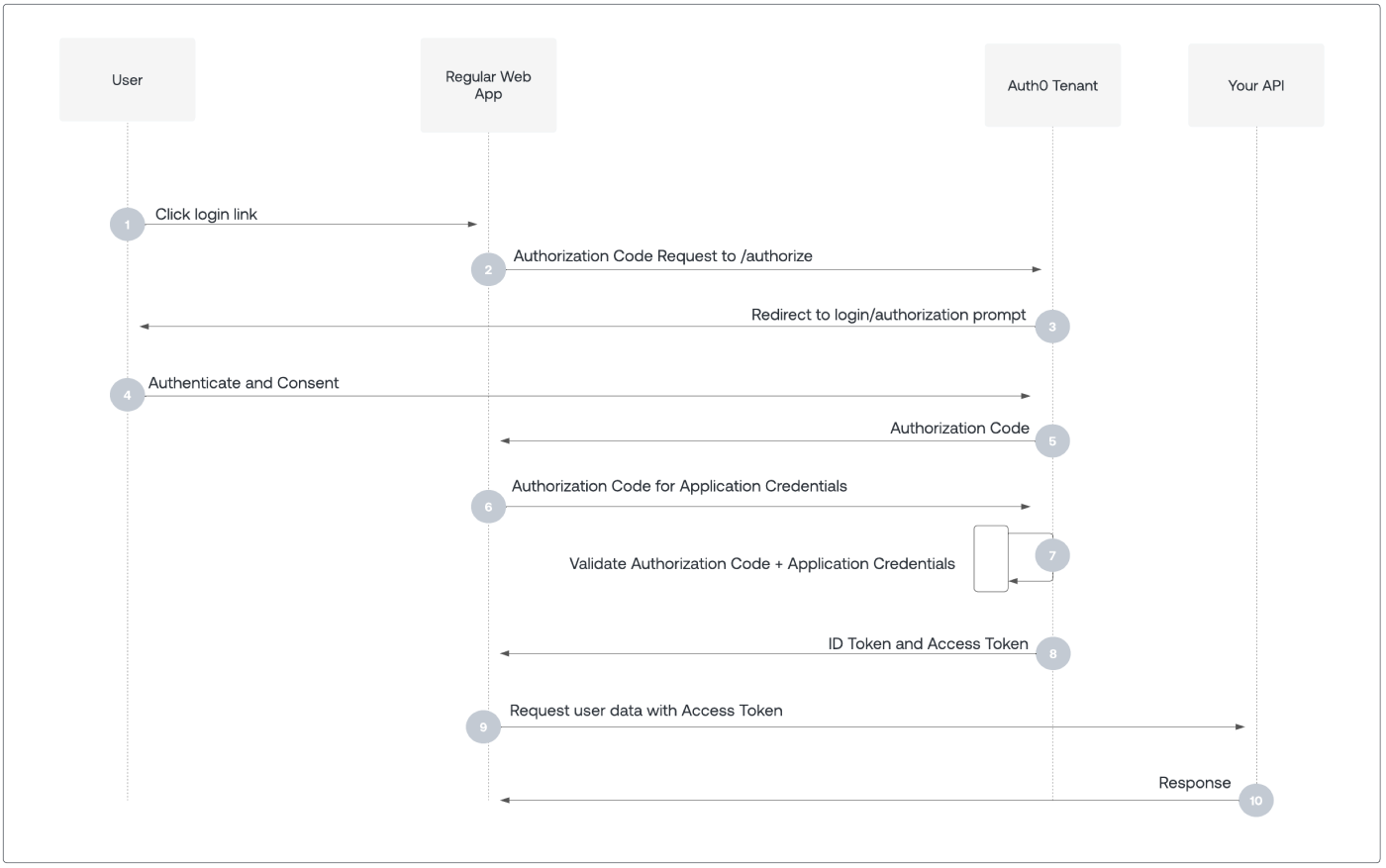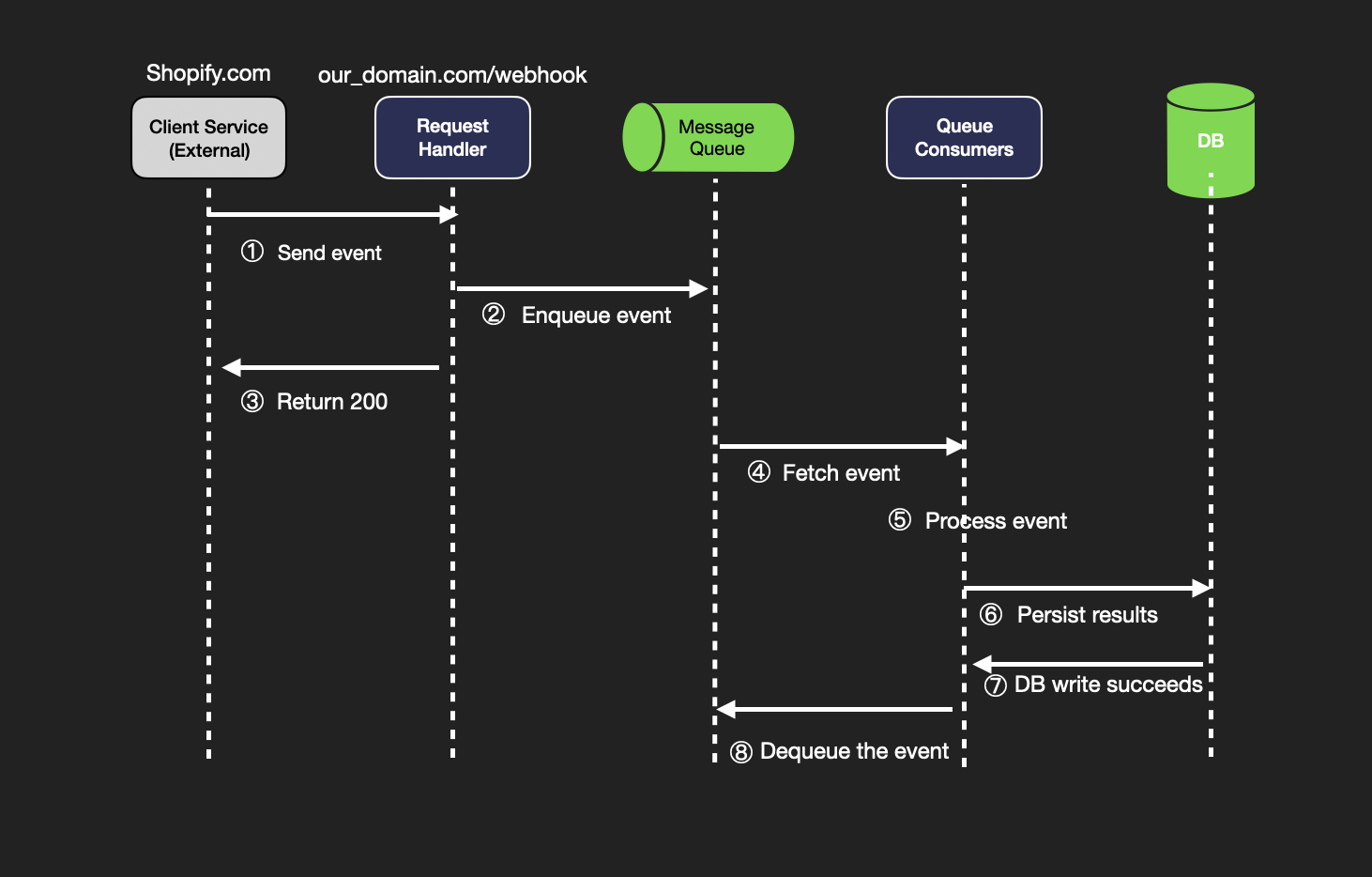Let's start with the brutal truth about what you're getting into.
If you're here, you've probably been lured in by Facebook's promise of accessing 3 billion users. Maybe you need social login, maybe you want to pull page data, or maybe you're building something that integrates with Instagram. Whatever brought you here, you're about to discover that Facebook Platform is where developer dreams go to die.
Facebook Platform is Meta's developer playground where dreams go to die. I've been wrestling with their APIs since 2018, and let me tell you - it's like trying to build a house on quicksand while someone keeps changing the building codes.
At its core, you've got the Graph API, which is Facebook's way of letting you access their "social graph" - basically all the interconnected data about users, pages, posts, and who's friends with whom. Sounds simple, right? It's not.

The Reality Check Nobody Talks About
Graph API Versions: Facebook's on version 23.0 now. Don't get excited about "backward compatibility" - they deprecate versions faster than you can say "breaking change." Check their changelog to see the graveyard of broken promises.
Personal Horror Story: I had a production app running Graph API v12.0 that handled 50,000 orders/month through Facebook Login. Worked perfectly for 8 months. Facebook announced v13.0 and deprecation for v12.0 with their standard 6-month notice. The migration guide was complete garbage - half the endpoints had subtle breaking changes not mentioned in the changelog.
Spent 3 weeks debugging why user authentication randomly failed for 20% of requests. Response times went from 200ms to 2-3 seconds. Turns out v13.0 changed the token validation flow without documenting it properly. The worst part? Our Black Friday launch was 2 weeks away when we discovered the issue. Had to roll back, lose the new features, and explain to management why our Facebook integration was fucked.
App Review Process: This is where engineering timelines go to die. Facebook's app review can take anywhere from 7-14 business days, assuming they don't reject you for mysterious reasons not mentioned in their review guidelines. I once got rejected because my app's privacy policy didn't explicitly mention "data collection methods" - even though it did, just not in those exact words. Check the submission guide for more ways to get rejected.
Rate Limiting: They claim "200 API calls per user in any given 60-minute window", but I swear the rate limiting is more like rate suggesting.
Sometimes it works, sometimes you get throttled for no apparent reason. The old app-level limits were bad enough, but user-based limits mean your popular users will hit walls faster. Pro tip: Always implement exponential backoff because Facebook's rate limiting logic was apparently designed by someone who's never debugged a production API.
What You Actually Get (When It Works)
Social Data Access: When Facebook's not having one of its mood swings, you can pull user profiles, page data, and posts. Just remember that user data access has been locked down tighter than Fort Knox since the Cambridge Analytica shitstorm. Good luck getting anything beyond basic profile info without jumping through OAuth hoops.
Authentication: Facebook Login actually works when it feels like it. The problem is "when it works" - I've seen it randomly fail during client demos for no discernible reason. Check their troubleshooting docs for all the ways it can break. Always have a backup authentication method because Facebook Login will fail at the worst possible moment.
Marketing APIs: This is where Facebook actually gives a shit because it makes them money. The Marketing API is probably their most stable offering, which isn't saying much. At least when it breaks, they usually fix it within a few hours since advertisers are paying customers.
The Technical Reality
Facebook uses REST endpoints with OAuth 2.0, which works fine until you hit one of their many undocumented quirks. Response times are usually decent (50-200ms), but when Facebook has a bad day, so does your app. Remember the October 2021 outage that took down everything for 6 hours? Yeah, that's the kind of platform reliability you're signing up for. Check Meta's status page to see how often their "highly available" services actually aren't.
The scariest part? No SLA. Facebook doesn't guarantee anything. Your million-dollar app integration could break tomorrow and Facebook's response would basically be "¯_(ツ)_/¯". The platform terms make it clear they can change or break anything at any time without compensation.
Real Production Horror Story: Our e-commerce platform handled 50,000 orders/month through Facebook Login. During Black Friday 2022, Facebook's authentication servers shit themselves for 3 hours. No announcement, no status page update, just silent failures. Customers couldn't log in, couldn't check out, and we lost $180,000 in sales while Facebook engineers were probably having lunch.
Best part? When we contacted Facebook support, they responded 4 days later with "Sorry for the inconvenience" and a link to their developer documentation. No compensation, no explanation, no fucks given. That's the platform reliability you're signing up for. Their community forum is where hopes go to die.


